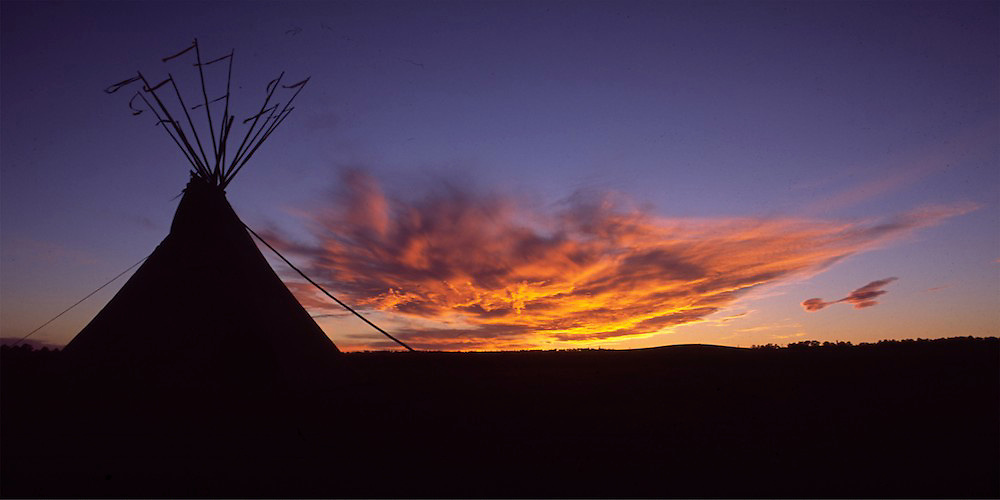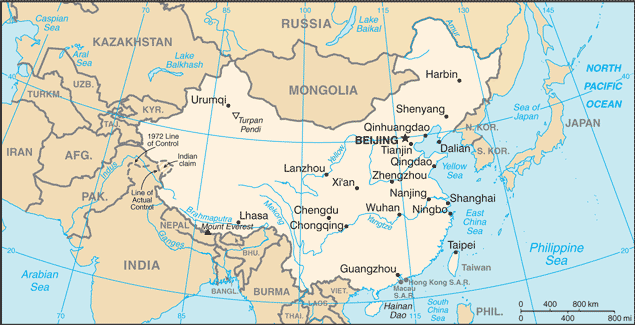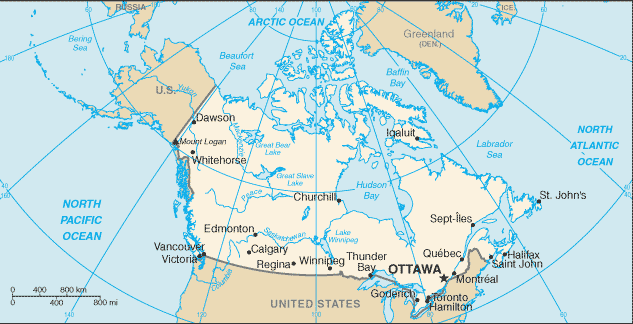 The National Football League has awarded a $1 million research grant to study the impacts of cannabinoids on pain management and neuroprotection in football players. The move represents a breakthrough given the NFL's longstanding zero-tolerance stance on cannabis use.
The National Football League has awarded a $1 million research grant to study the impacts of cannabinoids on pain management and neuroprotection in football players. The move represents a breakthrough given the NFL's longstanding zero-tolerance stance on cannabis use.

 The original peoples of what is now the United States were left in legal limbo in the wake of the 2018 Farm Bill, which made hemp cultivation again lawful. Federally recognized Native American tribes could not cultivate under state regulation, because the states have limited jurisdiction on their reservations. But the US Agriculture Department dragged its heels in issuing federal regs that could apply on these lands. Caught between two sovereigns, many farmers in Indian country are asserting their right to cultivate hemp under the un-extinguished sovereignty of their own Native nations.
The original peoples of what is now the United States were left in legal limbo in the wake of the 2018 Farm Bill, which made hemp cultivation again lawful. Federally recognized Native American tribes could not cultivate under state regulation, because the states have limited jurisdiction on their reservations. But the US Agriculture Department dragged its heels in issuing federal regs that could apply on these lands. Caught between two sovereigns, many farmers in Indian country are asserting their right to cultivate hemp under the un-extinguished sovereignty of their own Native nations. With half a billion people under lockdown, the coronavirus outbreak in China is virtually certain to take a grave impact on the Asian superpower's economy—with ripples across the planet. And the cannabis industry is, like so many global concerns, dependent on labor in China's factory zones. Canna-businesses as far away as Canada's prairies are fearing an imminent pinch.
With half a billion people under lockdown, the coronavirus outbreak in China is virtually certain to take a grave impact on the Asian superpower's economy—with ripples across the planet. And the cannabis industry is, like so many global concerns, dependent on labor in China's factory zones. Canna-businesses as far away as Canada's prairies are fearing an imminent pinch. Political space for cannabis is generally on the upswing, but there are some intersecting trends that advocates will need to keep a sharp eye on in the coming year. Corporate cannabis will increase pressure on independent producers, while prohibitionists will try to leverage the vape health scare for anti-cannabis propaganda. And the cannabis industry's own terminology may be actually adding to the confusion.
Political space for cannabis is generally on the upswing, but there are some intersecting trends that advocates will need to keep a sharp eye on in the coming year. Corporate cannabis will increase pressure on independent producers, while prohibitionists will try to leverage the vape health scare for anti-cannabis propaganda. And the cannabis industry's own terminology may be actually adding to the confusion. A new study in Canada on cannabis and driving casts doubt on zero-tolerance limits for THC. The study's authors say that THC can indeed impair driving—but that applying laws designed for booze to marijuana is bad science and bad policy.
A new study in Canada on cannabis and driving casts doubt on zero-tolerance limits for THC. The study's authors say that THC can indeed impair driving—but that applying laws designed for booze to marijuana is bad science and bad policy. With the legal cannabis market increasingly dominated by "Big Bud," more Canadians are turning to homegrown—both for reasons of economy and an ethic of self-sufficiency. And they are fighting in the courts and the public squares for their right to do so—challenging both the federal limit on plants per household and efforts by two provinces to ban homegrown outright. So far, they are winning.
With the legal cannabis market increasingly dominated by "Big Bud," more Canadians are turning to homegrown—both for reasons of economy and an ethic of self-sufficiency. And they are fighting in the courts and the public squares for their right to do so—challenging both the federal limit on plants per household and efforts by two provinces to ban homegrown outright. So far, they are winning.  Cannabis is turning into a key issue testing the limits of First Nations sovereignty in Canada—right up there with the long-standing struggles over oil, mineral, timber and hydro-electric development. At least one First Nation is operating a cannabis outlet without provincial authorization, in a direct challenge to authorities. And if accommodations are not reached with provincial and federal regulators, more may be set to follow.
Cannabis is turning into a key issue testing the limits of First Nations sovereignty in Canada—right up there with the long-standing struggles over oil, mineral, timber and hydro-electric development. At least one First Nation is operating a cannabis outlet without provincial authorization, in a direct challenge to authorities. And if accommodations are not reached with provincial and federal regulators, more may be set to follow.





Recent comments
2 weeks 5 days ago
3 weeks 4 days ago
7 weeks 4 days ago
11 weeks 3 days ago
15 weeks 3 days ago
16 weeks 1 day ago
26 weeks 1 day ago
30 weeks 2 days ago
31 weeks 2 days ago
31 weeks 2 days ago